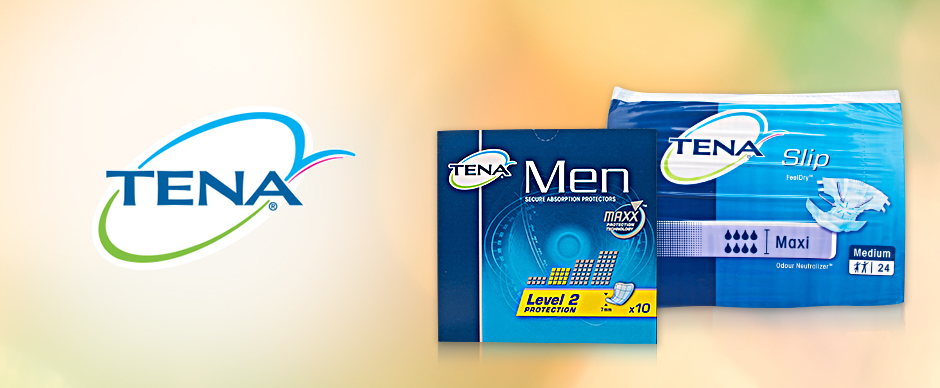
Defining Urinary Incontinence and Faecal Incontinence
Incontinence can refer to two types of incontinence Urinary Incontinence and Faecal Incontinence.
Urinary Incontinence, or involuntary urination, is any involuntary leakage of urine and falls under the term ‘Lower Urinary Tract Symptoms’ (LUTS). In most cases, the condition is the result of an underlying treatable medical condition that is under-reported to medical practitioners. Urinary Incontinence can affect men, women, and children. There are different causes for male incontinence, female incontinence, elderly incontinence, and incontinence in children, but not all adult Incontinence cases will be the same, and the extent of the involuntary leakage of urine will vary from person to person. In specific circumstances, Urinary Incontinence can be further diagnosed based on factors like type, frequency, and severity.
Causes of Urinary Incontinence for both men and women may be:
- Polyuria, excessive urine production, caused by uncontrolled diabetes mellitus, primary polydipsia(excessive fluid drinking), central diabetes insipidus and nephrogenic diabetes insipidus. While Polyuria generally causes the urge to urinate frequently, it doesn’t always lead to Urinary Incontinence.
- Caffeinated or cola beverages may also stimulate the bladder and cause it to work overtime.
- Enlarged prostate, and sometimes prostate cancer and the drugs as well as radiation used to cure it, can sometimes cause Urinary Incontinence. This kind of Urinary Incontinence is most common in men after the age of 40.
- Multiple sclerosis, spina bifida, Parkinson’s disease, strokes, and spinal cord injury can also interfere with normal nerve function of the bladder.
Faecal Incontinence, also known as bowel incontinence, is a condition that is used to describe involuntary defecation. This type of incontinence can be characterised by the occasional leakage of stool along with the passage of gas or the complete loss of bowel control. The ability to hold stool and maintain continence requires that the rectum, anus, and nervous system function normally; however, there are times when the weakening of the anus and intestines may be caused by several factors like:
- Constipation
- Impacted stool in the rectum
- Severe diarrhoea
- Anal sphincter muscle damage
- Nerve or other muscle damage
- Gynaecological, prostate, or rectal surgery
- Chronic laxative abuse
In such cases the individual may need to make changes to their diet, limit alcohol and caffeine, and add to their fibre intake to increase bulk of stool. Other Faecal Incontinence interventions may be the use of absorbent incontinence products (like those provided by TENA), medications to control diarrhoea and potentially eliminate incontinence, or surgical treatment to rectify the clearly identified cause.

